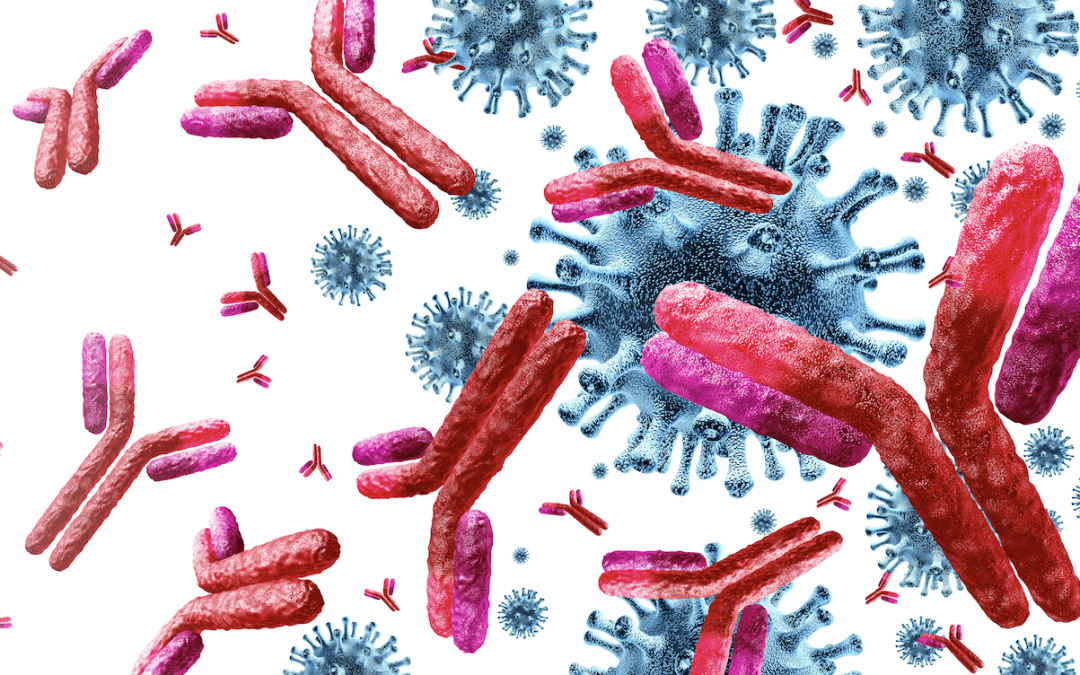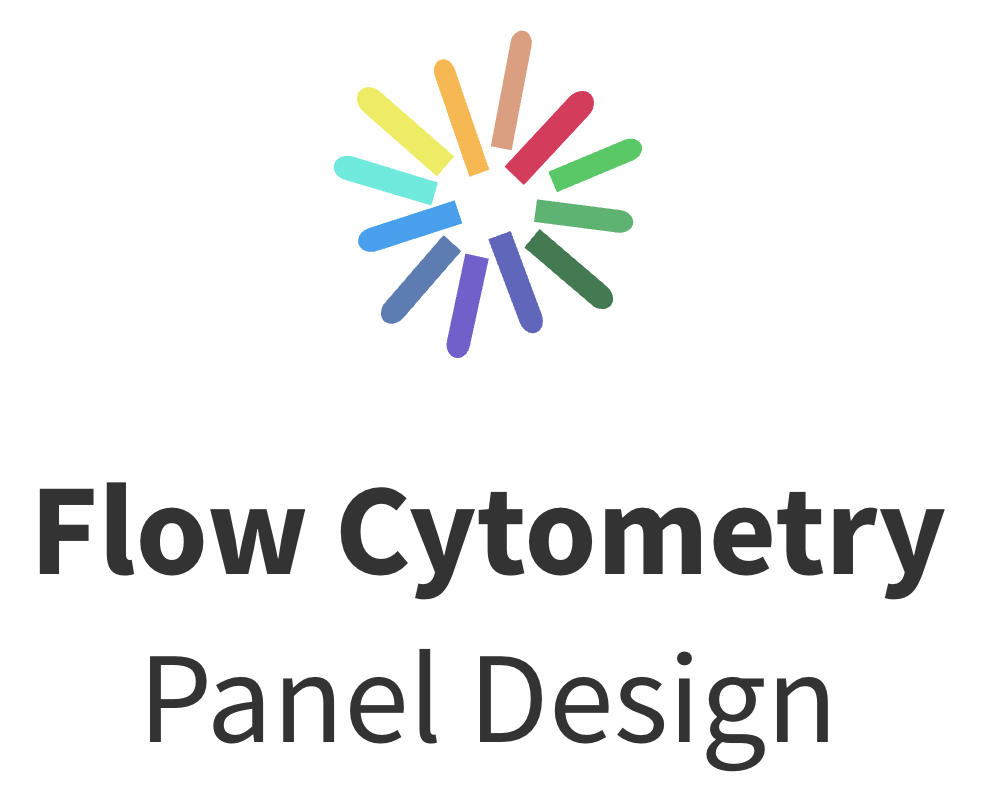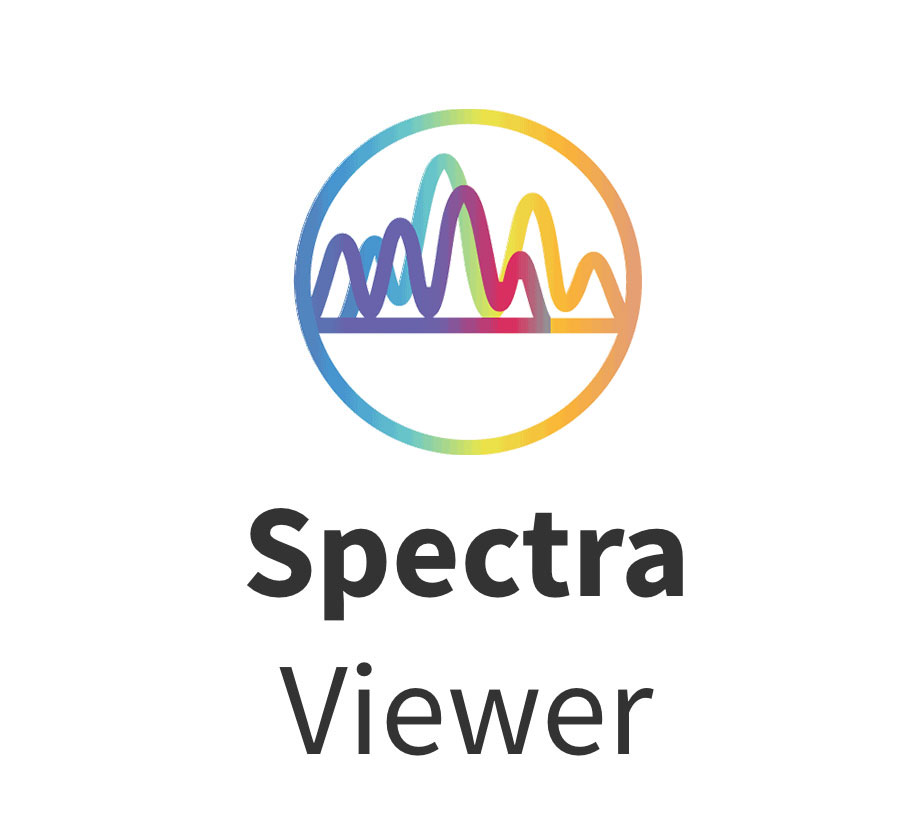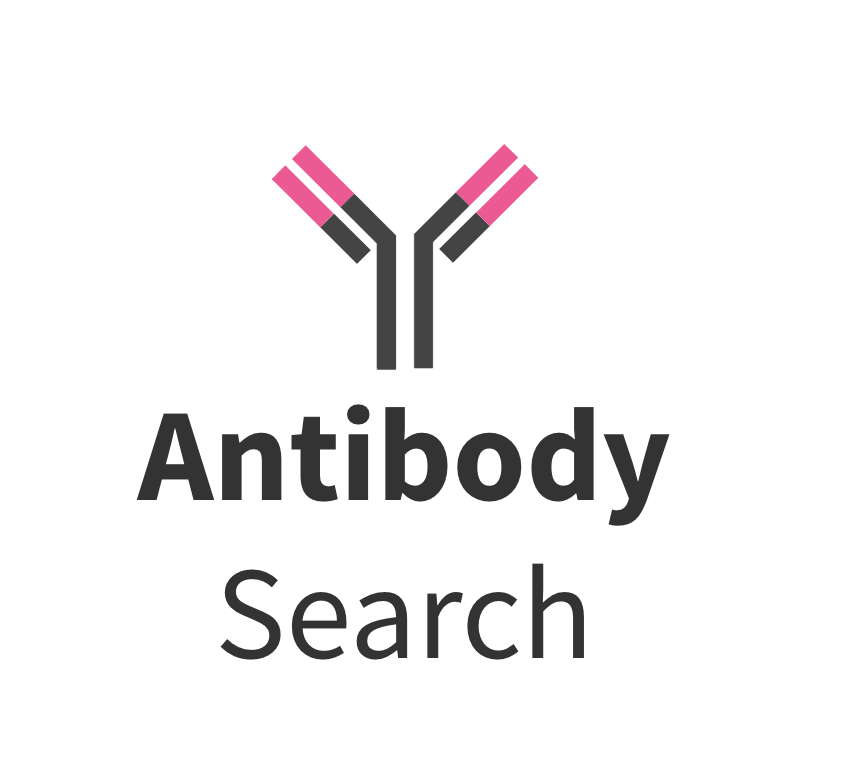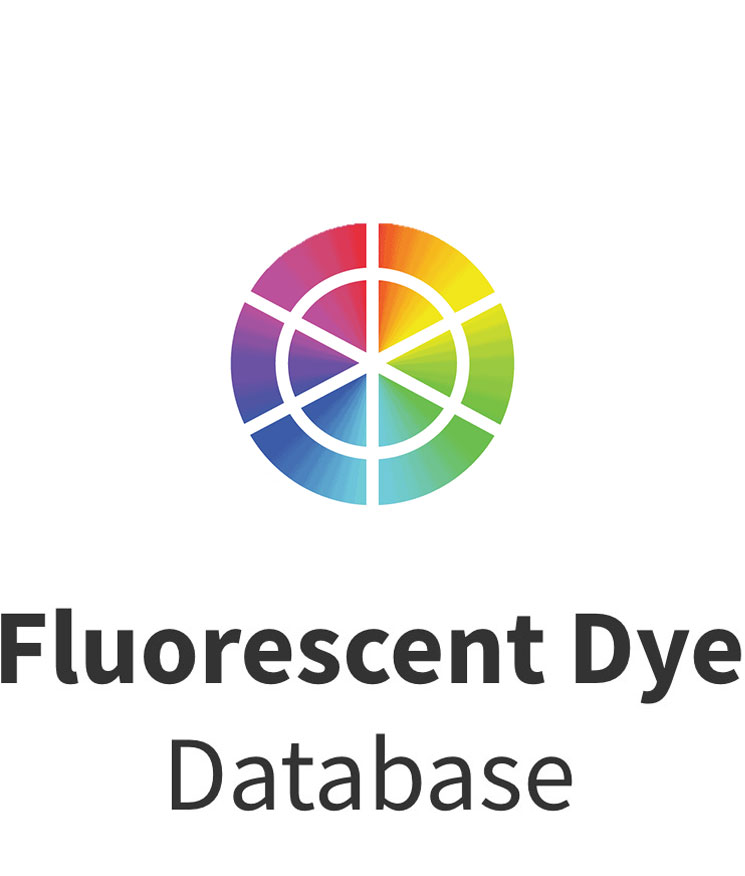Application-specific validation is critical for reproducible results
Antibodies are essential tools for a broad range of research techniques. However, for data to be both accurate and reproducible, antibodies should be thoroughly validated for each of the applications in which they are stated to work. We spoke with Amber Miller, Ph.D., Flow Cytometry Scientist at Bethyl Laboratories (a Fortis Life Sciences company), Safa Moreno, Associate Product Manager for Cell Analysis at BioLegend, and Mathilde de Jong, Ph.D., Product Manager for Flow Antibodies at Miltenyi Biotec, to discuss antibody validation for flow cytometry, one of the most widely used techniques.
The Importance of Antibody Validation
A growing body of evidence suggests that poorly validated antibodies are largely responsible for the ‘reproducibility crisis’. This is the growing awareness that many experimental results cannot be replicated and that the conclusions based on original data may be incorrect1. For example, a 2008 study by Berglund et al. found that only half of 5,436 commercial antibodies from 51 different antibody providers passed validation by western blotting and immunohistochemistry (IHC), while a 2009 publication from Michel et al. showed that of 49 antibodies against 19 distinct G protein-coupled receptors (GPCRs), none of them was specific for a single GPCR subtype2,3.
“Without proper validation to ensure an antibody is actually binding to the correct target, science can be led down incorrect paths costing time, money, and even patient outcomes,” cautions Miller. “For this reason, many antibody manufacturers invest considerable time and effort in validating their antibody products. At Bethyl, we have adapted the five pillars for antibody validation proposed by Uhlen et al. to include six pillars, which we use in a complementary manner to validate our antibody products based on the unique biology of each target protein.”
To learn more about the importance of antibody validation, including its relevance to flow cytometry, take a look at this publication co-authored by Kelly Lundsten, FluoroFinder’s Director of Strategic Product Innovation.
General Approaches to Antibody Validation
Broadly speaking, the antibody validation process encompasses specificity, selectivity, and sensitivity, as well as whether an antibody generates reproducible results. Briefly, specificity describes the antibody’s ability to discriminate between its own epitope and other epitopes, and is defined by its affinity for the target. Selectivity refers to whether the antibody binds exclusively to its analyte within a complex mixture of proteins. Sensitivity relates to the antibody’s capacity for target detection in a given experimental setting, while reproducibility encompasses antibody performance between different lots and across multiple iterations of the same experiment. Antibody manufacturers evaluate these properties of antibodies in different ways.
“General approaches to antibody validation include testing on multiple cell and tissue types with a variety of known expression levels, evaluating antibody performance across multiple applications, and running side-by-side comparisons with existing antibody clones,” explains Moreno. “In addition, cell treatments might be used to modulate target expression, while siRNA-mediated knockdown or CRISPR/Cas9-mediated knockout of the target protein provide further proof that an antibody specifically recognizes its target. Knockdown and knockout models are especially useful for validating antibodies against ubiquitously expressed proteins, where negative control or low expressing cell types are not available.”
To learn more about how these suppliers validate their antibodies, please visit the antibody validation sites for Bethyl, BioLegend, and Miltenyi Biotec.
Antibody Validation for Flow Cytometry
Although the validation methods just described can be applied to any antibody-based technique, it is important to tailor each approach to the application in question. “When validating antibodies for flow cytometry, I rely heavily on expression data and data from complementary assays,” comments Miller. “Having samples with known positive or negative expression of the target allows for evaluating antibody specificity, which can then be verified by correlating the flow cytometry data with data from other applications. For example, western blot data confirms the size of the target, while IHC/ICC data demonstrates cellular localization.”
BioLegend also employs a multimodal approach to antibody validation for flow cytometry, which can be modified for characterizing functional antibodies. As an example, Moreno describes the validation of clone S20013B, a functional, superagonistic anti-human CD28 antibody. “Unlike conventional CD28 antibodies, superagonistic CD28 antibodies are able to induce T cell activation and expansion without the need for an anti-CD3 antibody,” she says. “This makes them useful tools for controlling immune responses in various immunotherapies, provided they have undergone extensive characterization. Our validation of S20013B included studying its effects on T cell and T reg development with a combination of flow cytometry, multiomics, cell culturing, and LEGENDplex™ immunoassay experiments. Critically, we observed similar data across all modalities – including selective expansion of CD4+ T cells, up-regulation of key activation markers, and an increased pro-inflammatory response compared to CD28.2, a regular CD28 antibody clone – giving us confidence in the antibody’s specificity, selectivity, and functionality.”
“To help researchers verify our antibodies for use in their unique experimental setting, we provide antibody validation data on each of our product pages,” reports de Jong. “This includes protocol information such as recommended cell numbers, staining buffers, and antibody dilutions. Additionally, we offer extended validation data for many of our products, highlighting details of antibody performance, specificity, and fixation compatibility.”
Tips for Antibody Selection
When selecting antibodies for flow cytometry, the first step is to check whether the antibody has been validated for the flow cytometry application. If this is not the case, the antibody cannot be assumed to work in this setting. “Each assay is different, targets are being examined under different conditions, and these conditions can affect how the antibody behaves,” says Miller. “There are plenty of examples of quality antibodies working in only a select few applications. As part of the selection process, it is important to review the available data carefully to ensure that it makes sense, which should include checking which samples were tested and the types of comparisons that were made. For example, the histogram shift seen when looking at B cell markers on peripheral blood mononuclear cells (PBMCs) will be different from that seen when looking at the same B cell markers on a B cell line.”
You will also want to consider which fluorophore conjugates are available and whether these are compatible with the lasers and detectors of your flow cytometer, as well as with any other dyes that will be included in the same panel. A common challenge here lies in avoiding spectral spillover, especially as the number of markers being investigated increases. FluoroFinder’s Spectra Viewer allows you to identify where a fluorophore will be measured on your flow cytometer and determine whether it is likely to cause issues with other fluorophores in the same panel.
“Because antibody selection for flow cytometry is such a difficult task, Miltenyi Biotec has developed a range of pre-tested antibody panels,” says de Jong. “These are validated by our in-house experts, and their quality is frequently confirmed by our customers, to ensure reliable and reproducible results. Together with the optimized antibody combination, we provide straightforward gating strategies, staining protocols, and a list of all important reagents and materials.” De Jong also comments that switching from traditional hybridoma antibodies to recombinant antibodies is a tried and trusted approach to tackle the reproducibility crisis. “Recombinant antibodies are derived from a defined set of genes, and the production process is highly standardized,” she says. “This means they are consistent in their structure and performance, leading to reproducible results. Furthermore, since the gene sequence of a recombinant antibody is known, it is easily modified to improve the properties of the antibody.” Miltenyi Biotec’s recombinant antibody portfolio currently includes more than 1300 recombinant clones.
Supporting Your Research
Using FluoroFinder’s Panel Builder, you can filter by citation count to find antibodies validated for flow cytometry from over 70 suppliers that are compatible with your experimental context and cytometer configuration. You may also wish to contact Bethyl, BioLegend, and Miltenyi Biotec directly to find out more about their flow cytometry antibodies and other available products.
